Nirvana Lab Insights
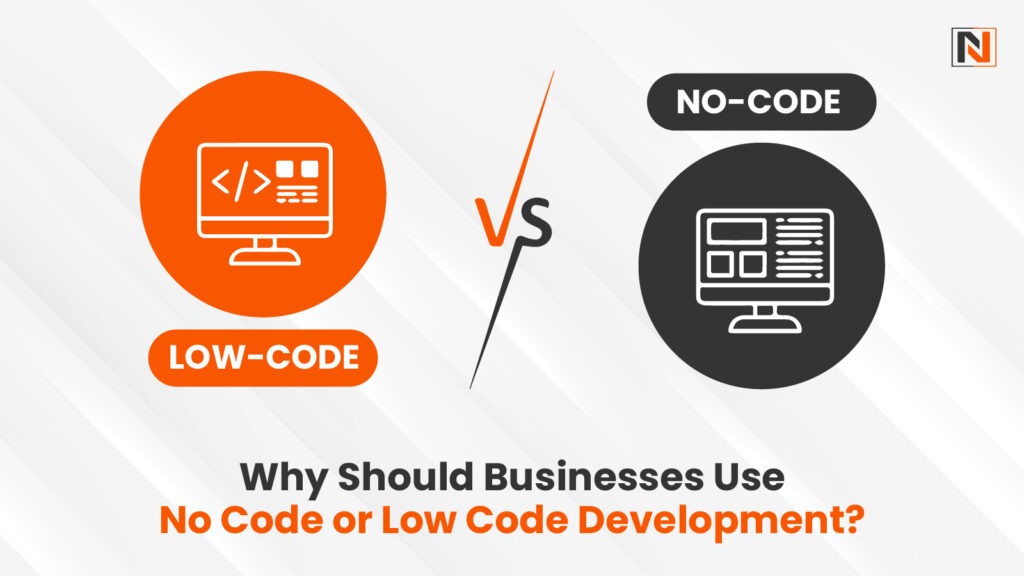
What if you could turn your best ideas into functional apps without waiting months for a developer or blowing your budget? That’s the promise of low-code development and no-code platforms....
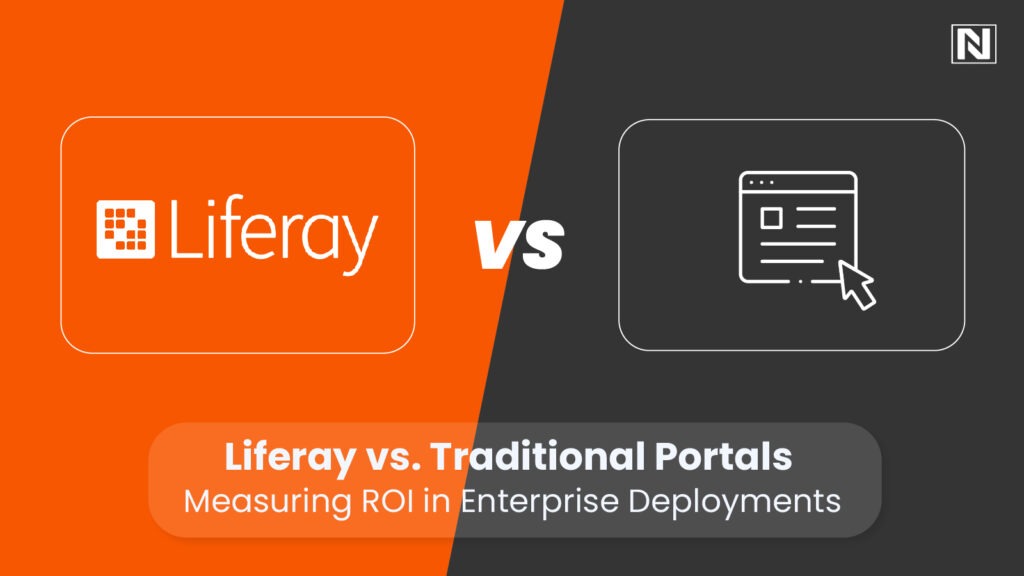
Enterprises rely heavily on portals to streamline operations, enhance collaboration, and improve customer engagement. However, not all portal solutions are created equal. When comparing Liferay vs. Traditional Portals, organizations must...
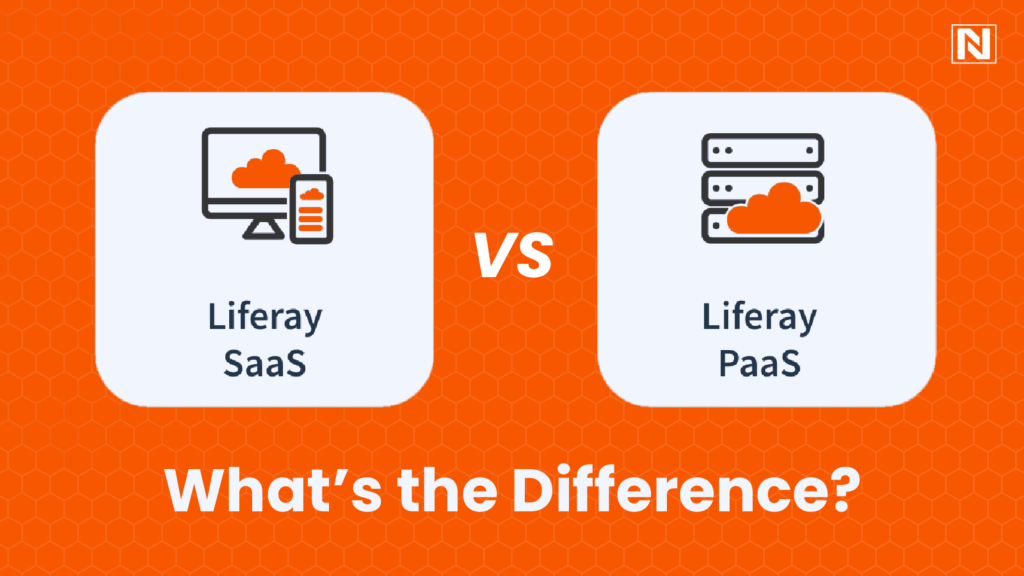
Choosing the right deployment model for Liferay can make or break your digital experience. But with PaaS vs SaaS offering different advantages, how do you decide which one aligns with...

Speed and security often feel like opposing forces. But what if you could have both? This is where DevSecOps comes in handy; it is the game-changing approach that bakes security...

What if your institution could offer students a seamless, all-in-one portal without the headaches of slow performance or security risks? Liferay Cloud for Education makes it possible, empowering schools and...

Did you know AI-powered diagnostics can reduce medical errors by up to 30%? Behind this breakthrough lies an unsung hero: cloud computing in healthcare. By providing the scalable infrastructure needed...
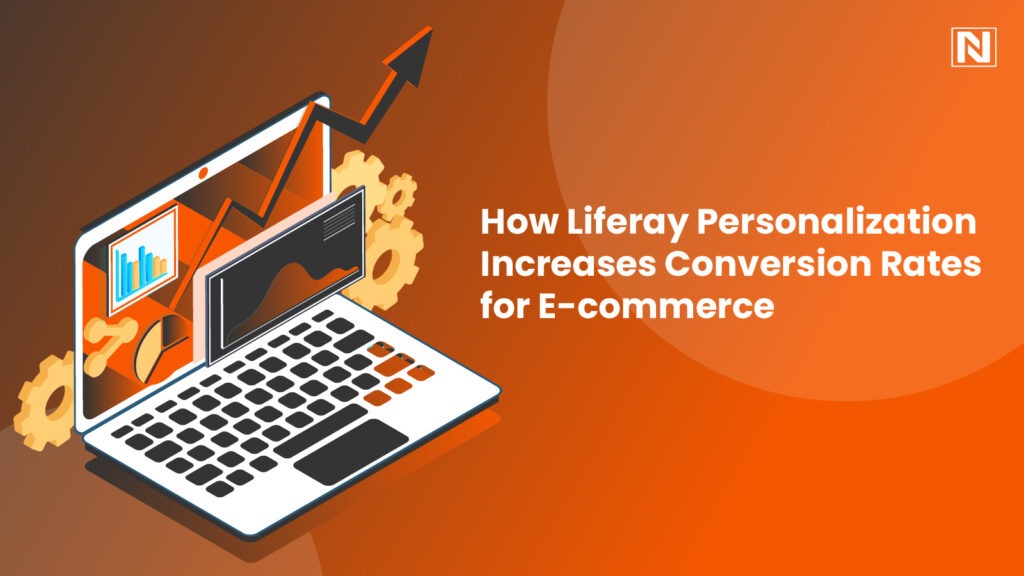
You’re leaving money on the table. In a world where 80% of shoppers only buy from brands that personalize their experience, generic product pages and one-size-fits-all promotions just don’t cut...
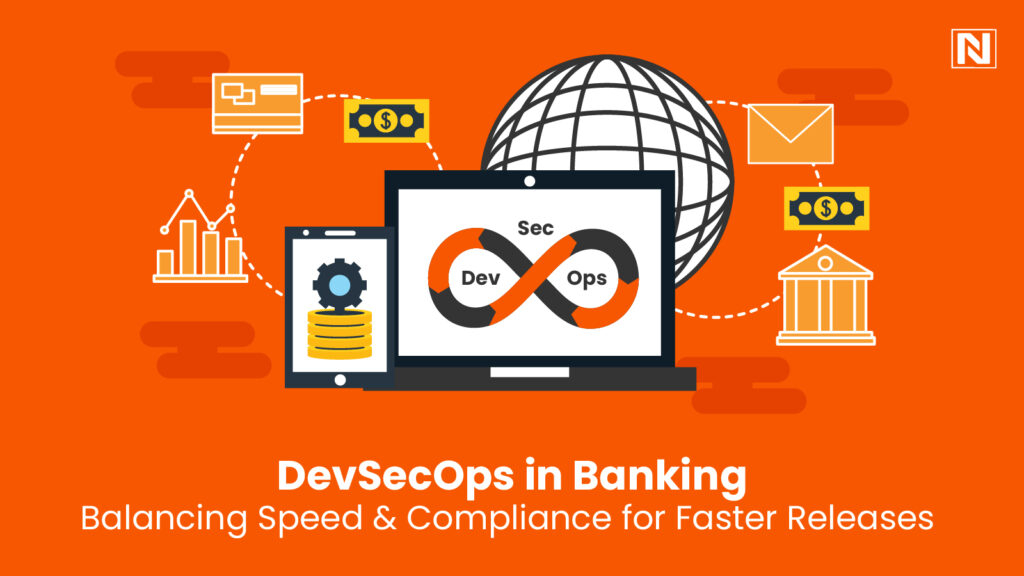
The banking industry thrives on innovation, but stringent compliance demands often slow down releases. What if you could accelerate deployments without compromising security? Enter DevSecOps in Banking, a game-changing approach...


